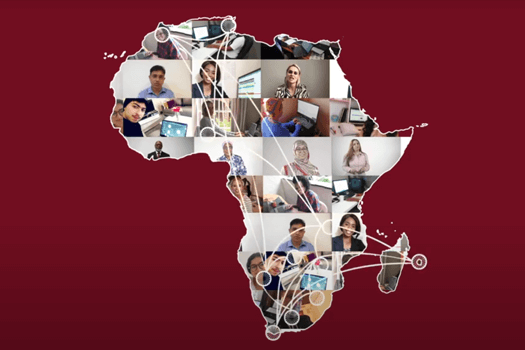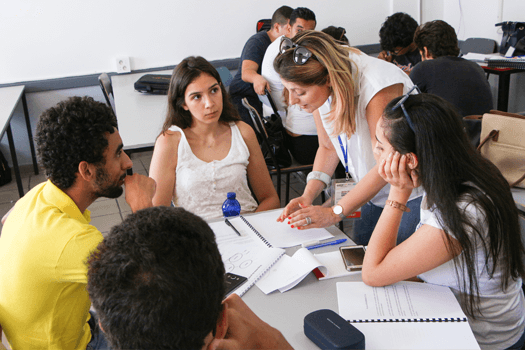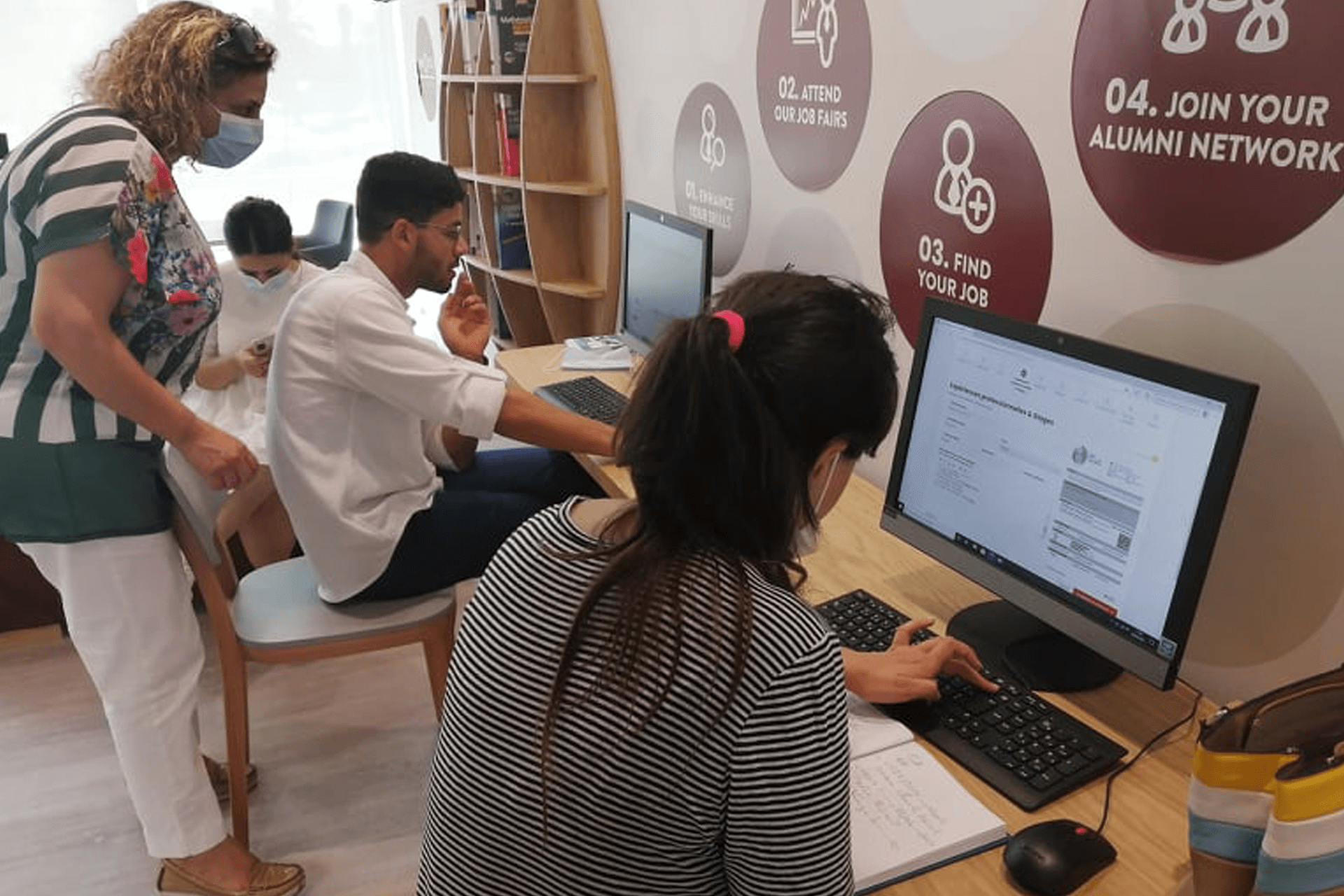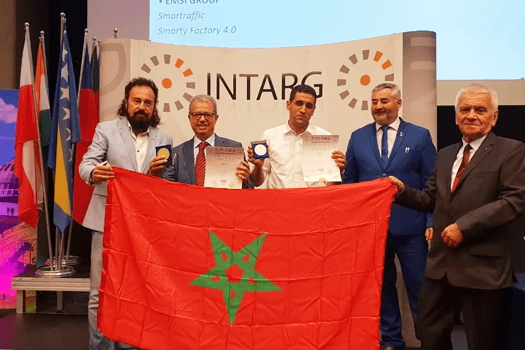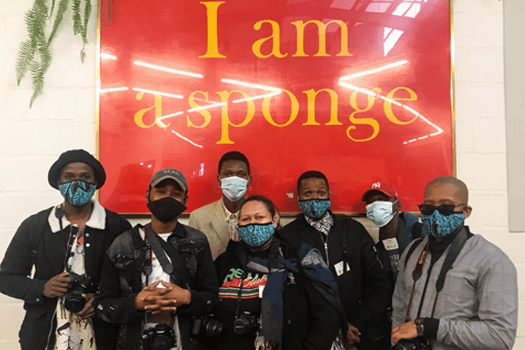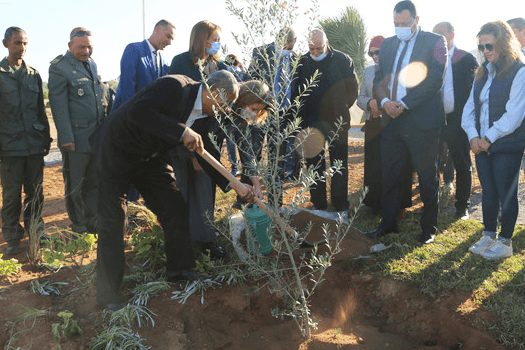Honoris embarked on a journey to formalize an impact framework to measure success of education for impact. Honoris’ Impact Framework has been developed around six key themes which underpin the strategy and focus of the platform as follows:
HONORIS IMPACT FRAMEWORK THEMES
Honoris acknowledges the magnitude of its role in helping to solve global sustainability challenges. It is through the endeavors of its extensive network and student base that Honoris demonstrates its commitment to the Global UN 2030 Sustainable Development Goals (SDGs).
To achieve this, Agenda 2063 (The Africa We Want) and the UN 2030 SDGs, require a collective effort from all stakeholders – communities, employers, governments and regulators, and Honoris’ academic and employer partners.
THE HONORIS IMPACT SCORECARD: MAKING AN IMPACT ON 11 OF THE 17 SDGs
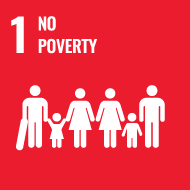
Increased access to job markets and economic empowerment with 80% employability achieved within 6 months of graduating
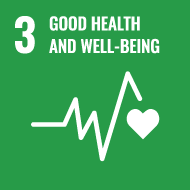
+4,300 health professionals are being trained per year
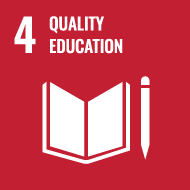
Honoris achieved an 88% average success rate above public university average where Honoris operates
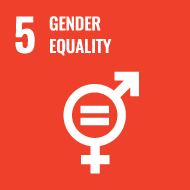
Equal opportunity organization with 53% female vs 47% male employee
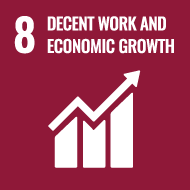
90% employee retention; Code of Conduct; Level 1 BBBEE for SA institutions
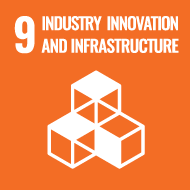
Blended learning, digital transformation and academic innovation. Building capacity in STEM (20,400 future professionals)
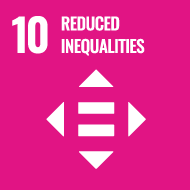
Increased access and affordability: +1,000 scholarships; limited increase in tuition fees
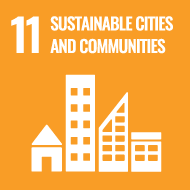
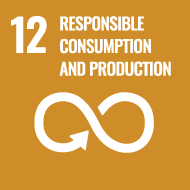
Smart cities projects; Solar Decathlon (EMSI & Mundiapolis), SmartyPark
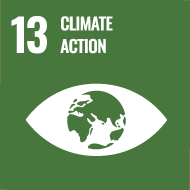
Nile University of Nigeria - 2 solar installations to prevent an estimated 14,888 tons of CO2 emissions
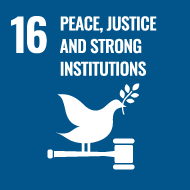
Governance, Code of Conduct, Values, robust due diligence processes for M&A
Honoris worked closely with Actis to calculate a precise impact score using a proprietary framework measuring the positive social and environmental impacts of Actis investments and enabling comparison across sectors and geographies. See more
Legend for four-point scale of impact (until 31 December 2021)
The tables below outline the KPIs, both quantitatively and qualitatively, for each theme of the Impact Framework. They also include an assessment of the impact which Honoris has made according to these KPIs; an indication of the benchmark(s) set by Honoris; and the measure of the impact as per the legend.
Impact exceeds internal benchmarks |
Impact is in line with internal benchmarks |
No evidence of positive/negative impact |
Impact below internal benchmarks |
|---|---|---|---|
MEASUREMENT OF IMPACT ACROSS THE HONORIS IMPACT FRAMEWORK THEMES
EDUCATION FOR IMPACT
| THEME | KPI | HONORIS IMPACT | IMPACT TARGET (BENCHMARK) | SCALE OF IMPACT | ACTIONS GOING FORWARD |
|---|---|---|---|---|---|
Surpassed |
NETWORK
| THEME | KPI | HONORIS IMPACT | IMPACT TARGET (BENCHMARK) | SCALE OF IMPACT | ACTIONS GOING FORWARD |
|---|---|---|---|---|---|
Surpassed |
|||||
Surpassed |
|||||
Surpassed |
|||||
Overall-surpassed |
|||||
Surpassed |
|||||
Surpassed |
|||||
North African Engineering Schools EMSI and ESPRIT, enrollmentBuilding capacity in the Engineering/IT verticalBuilding capacity in the Health verticalBuilding capacity in the Education verticalGrowing Skillsets |
Surpassed |
||||
Assessment of the entire student journey to ensure delivery of relevant educationDigitization and digitalization strategyHonoris’ strategic response to meet student needsStudent acquisitionRobust social media strategyWebsite optimizations to enhance the customer experienceStudent experienceEmployability and alumni engagement |
Surpassed |
Quality of LEARNING
| THEME | KPI | HONORIS IMPACT | IMPACT TARGET (BENCHMARK) | SCALE OF IMPACT | ACTIONS GOING FORWARD |
|---|---|---|---|---|---|
Surpassed |
|||||
Surpassed |
|||||
Surpassed |
|||||
Positive |
|||||
Surpassed |
|||||
Surpassed |
EMPLOYABILITY
| THEME | KPI | HONORIS IMPACT | IMPACT TARGET (BENCHMARK) | SCALE OF IMPACT | ACTIONS GOING FORWARD |
|---|---|---|---|---|---|
Positive |
|||||
Surpassed |
|||||
80% of students are employed or in further education within 6 months of graduationVirtual internship pilot - 69 students across all Honoris institutions |
Positive |
INNOVATION
| THEME | KPI | HONORIS IMPACT | IMPACT TARGET (BENCHMARK) | SCALE OF IMPACT | ACTIONS GOING FORWARD |
|---|---|---|---|---|---|
Positive |
|||||
Positive |
|||||
Surpassed |
|||||
Positive |
|||||
Increasing emphasis on entrepreneurship with focus on partnerships, skills development, 21st century learning environments and women’s entrepreneurship through:Partnership with Women in Africa since 2017 (read about WIA)Integrating Entrepreneurship in the curricula (dedicated module in Honoris 21st Century skills certificate)Honoris partnership with AfriLabs supporting the provision of entrepreneurship and innovation across the continent. |
Surpassed |
COMMUNITIES
| THEME | KPI | HONORIS IMPACT | IMPACT TARGET (BENCHMARK) | SCALE OF IMPACT | ACTIONS GOING FORWARD |
|---|---|---|---|---|---|
Surpassed |
|||||
MANCOSA Million Books Project – 2 million pupils, 60,000 books, 167 mobile libraries (read more)Nile University of Nigeria: Abuja Global Shapers CommunityLe Wagon Partnership with Frenchtech – Free online web development courseRBS South Africa: MAHALABox – Free access to online resources to increase employability successRed & Yellow: Learn to EarnUNIVERSITÉ CENTRALE assists Primary School in Kram |
Surpassed |
||||
Surpassed |
|||||
Positive |
SUSTAINABILITY
| THEME | KPI of UN SDG | HONORIS IMPACT |
|---|---|---|


